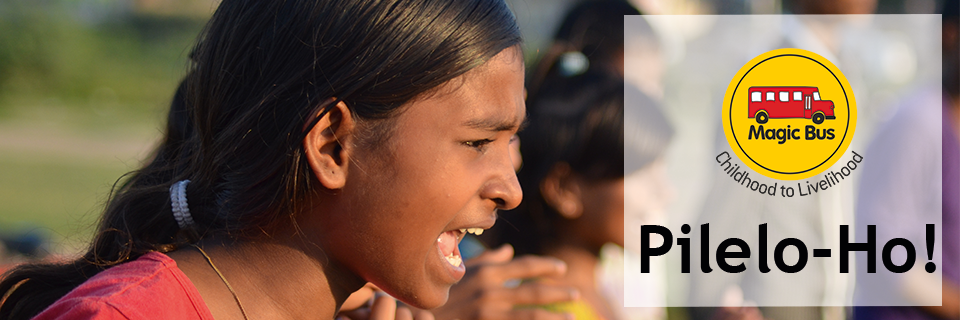 |
| Sravya Madasu |
14-year-old Sravya Madasu wants to be a doctor.
“There are no hospitals in the radius of 10 km of our village. It is so
difficult to get a doctor during emergencies. I want to be the first doctor of
Pudur village and open a hospital in my community.”
Sravya goes to a government school in Bollaram and
is ‘happy’ that her mother cannot afford to send her to a private school.
“Would I have met Magic Bus had I been studying in a private school?” she asks
innocently.
She lives with her maternal grandparents. “We live
in a kuchcha house – the one which is
made out of mud,” she explains. “I live with my elder sister, mother, and
grandparents,” she says. After a small pause, as if out of habit, she adds, “My
father does not live with us. He left my mother just when I was born. He did
not want two daughters. My father believes that daughters are of no use. I have
never seen his face since.”
“My mother has been an inspiration to both of us
sisters. She was married at 17 and really struggled to educate herself. She is
a graduate and wants to study further. She works as a computer operator at the
Gram Panchayat office with a salary of Rs. 5000 a month. She wants to complete
her B. Ed. so that she can be a teacher. Teaching pays better.”
Her mother learnt from life. She was forced to marry
early because her parents – both of them were agricultural labourers – had
barely enough money to educate three children. She works hard so that both her
daughters study further and build their own careers. “My mother never speaks
about marrying any of us. My elder sister is studying electronics. I want to be
a doctor. She is forever supportive of all our dreams,” she says proudly.
With Rs. 5000 a month, a day-to-day struggle to have
enough to eat, is inevitable. “There have been so many days that we have slept hungry.
Sometimes we just have rice with a little bit of pickle. But that is fine as
long as the family is together and supportive of each other,” she says. There
are times when Sravya’s uncle steps up to support the family financially.
So what brought Sravya to Magic Bus?
“Actually it was the other way around – Magic Bus
came to my school. Initially we were all hesitant to participate. Is it another
P.T. class? We used to wonder. Gradually, we understood that Magic Bus was less
about the balls and cones, and more about application, drawing parallels and
inferences with our real life,” she explains. Sravya joined Magic Bus
two-and-half years ago.
 |
| Sravya at her school |
“None of us at school ate healthy, nutritious food.
In fact, we used to pick and separate the vegetables and eat rice alone.
Through the sessions, we came to know how important it is to have nutritious
food. Similarly, we have learnt so many new ways of taking care of ourselves,
of leading healthy and hygienic lives,” she says.
Doesn’t her mother tell her about everything she
needs to know?
“Even if she wanted to, she barely has time to do
that. In Pudur village, every other person is engaged in daily wage work that
keeps them out for long hours. They cannot give their children the attention
they require. There are so many children in my school who are irregular; there
are others who do not pay attention in class. All of us need mentors in our
life to guide and inform us. Our Magic Bus didi
is just like that to us,” she explains.




